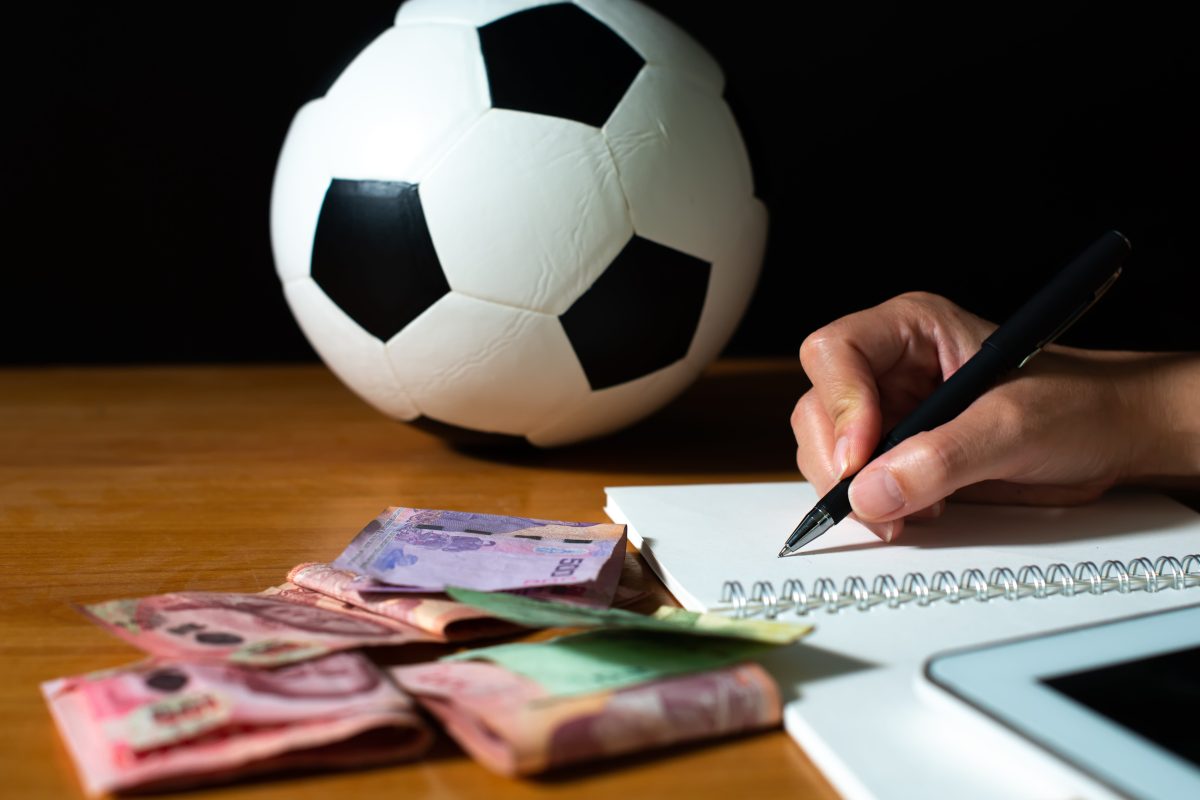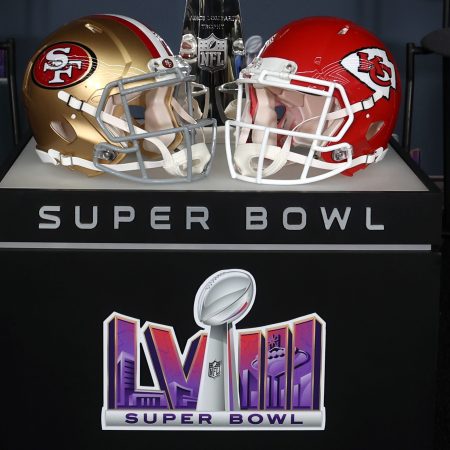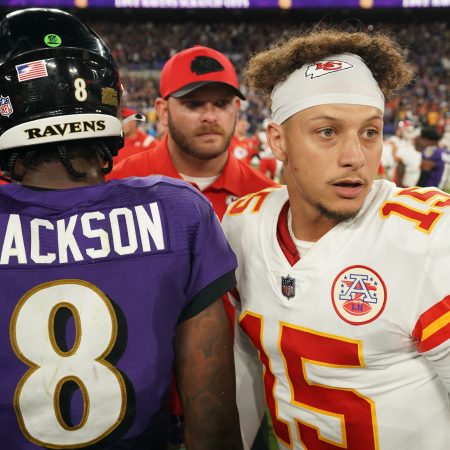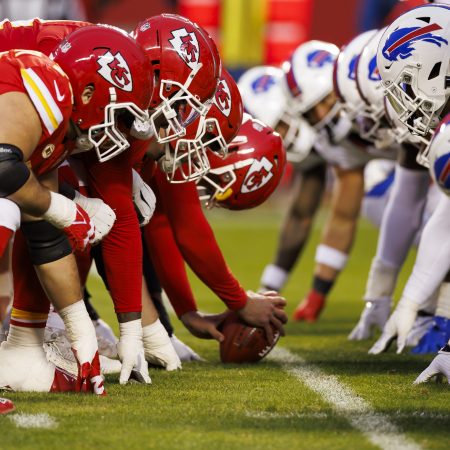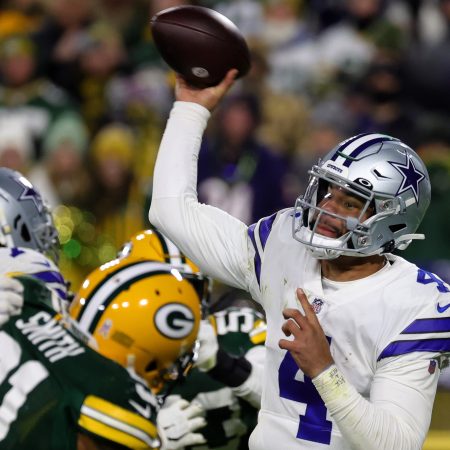With sports betting seemingly being legalized in more places across the United States with each passing day, above-the-board wagering is turning into a huge moneymaker for states like New Jersey, which took in more than $1.3 billion in bets a few months ago.
Massive as it is, that figure pales in comparison to the amount the United Nations Office on Drugs and Crime estimates is illegally wagered on sports worldwide.
Per a report from the UNODC that was produced with assistance from nearly 200 experts spread across governments, sports organizations, the private sector and academia, nearly $1.7 trillion is estimated to be wagered on the illicit betting market every year. The legal sports wagering market is about $40 billion, according to the report.
Noting that corruption and fraud in sports date back to the ancient Olympic Games, the report states that criminal activity related to sports has increased substantially within the last two decades. “Indeed, globalization, a huge influx of money, the rapid growth of legal and illegal sports betting, and technological advances transforming the way sport is played and consumed are making it increasingly attractive to criminal networks seeking to exploit sport for illicit profit,” per the UNODC.
Since the market for illegal betting is so robust, organized criminal groups continue to have a vested interest in attempting to manipulate the outcome of games and compromise the integrity of sport in order to turn a profit.
“When we consider sport, our natural thought goes to its central, positive role in our lives,” said UNODC treaty affairs director John Brandolino. “There is, however, a darker side of sport, one which organized criminal groups have infiltrated and which is impacted by vast levels of corruption.”
To fight corruption in sports, the UNODC has identified three crucial areas of action:
- First, the need to strengthen legal, policy and institutional frameworks to counter corruption and crime in sport, with a focus on major sports events, competition manipulation, illegal betting, and the involvement of organized crime.
- Second, the importance of enhancing understanding of and capacities to tackle corruption and crime in sport through further research and analysis.
- Third, the need for increased cooperation, and exchange of information and good practices among all stakeholders – mainly from the governmental and the sporting worlds.
“Only in partnership can we effectively tackle criminal activities like corruption in sport. Only together can we strengthen credibility and integrity of sport,” said International Olympic Committee president Thomas Bach. “Safeguarding integrity of sport is a team effort – in this context our cooperation with UNODC is key and the new Memorandum of Understanding signed between the two organizations sends a strong message of our shared determination to fight against corruption in sport.”
The Charge will help you move better, think clearer and stay in the game longer. Subscribe to our wellness newsletter today.
